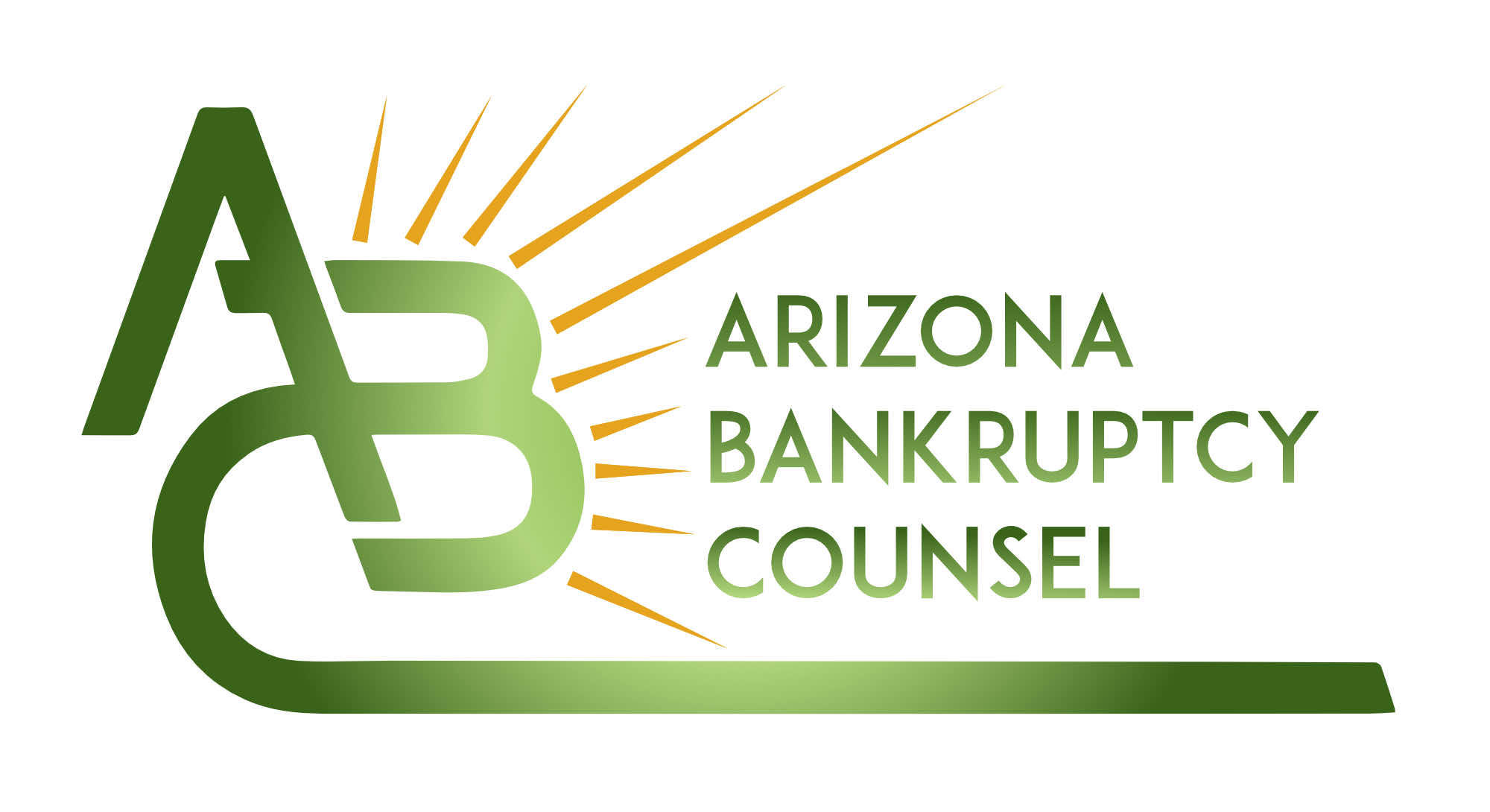I often meet with people who receive harassing phone calls from debt collectors. These clients often ask me, “what do i do if a debt collector won’t stop calling me?” In the long term, the debt will need to be paid, settled, or discharged in bankruptcy. But there are steps you can take to reduce the harassment while you are working on a long-term solution.
Steps to take when a debt collector calls
First, do not answer questions or give out any information. You have no legal obligation to give a debt collector any information over the phone, and in most cases can only be compelled to provide information by a court after a judgment has been entered against you.
Second, make a log of every call you receive from a debt collector, and keep copies of all written communications. You should keep paper and a pen by a landline and bring a small pen and notebook with you for calls you receive on your cell phone.
A call log can help
In your log, record the date and time of the call, the name and number of the person calling, the name of the creditor they are collecting for, and the name of the person they claim is owed a debt. Write down a summary of what the debt collector said. This is important because debt collectors often step over the line when they call to collect debts, making false statements, improper threats, or engaging in other improper collection practices. Don’t try to guess whether a particular statement or threat is proper; just write it down to evaluate later. Keeping a record of each call can protect your rights and even help you recover damages against the debt collector.
Also, when you take any of the steps outlined below, summarize your statements and the debt collector’s responses in your log.
Third, if you have hired an attorney, give the debt collector your attorney’s name and address. After this, the creditor will be required to communicate only with your attorney. Note in your log that you provided this information.
Fourth, tell the debt collector any times or places that are inconvenient for communicating with you. By itself, this will not stop the calls, but sometimes you will want to remain in contact but limit how and when they contact you. Include this request in your log.
Try to set calling boundaries
Fifth, if your employer prohibits personal calls at work, tell the debt collector of the prohibition, and log that you did so. Remember step one: don’t give out the name of your employer or any other information. Just tell the collector that the calls are against company policy.
Sixth, if you want to halt all communications with a debt collector, ask for the collector’s mailing address. Note the address in your log, and write the debt collector at the address provided. Inform the debt collector that you wish them to cease further communication with you. Send the original by certified mail and keep a copy. The debt collector’s receipt of this letter will severely limit further communications. Log any further communications you receive.
In the long term, the debt will need to be paid, settled, or discharged in bankruptcy
Again, these steps will not take care of the problem, and they won’t prevent a debt collector from suing to collect a debt. They should, however, limit the calls you receive. Keeping the phone log and the written communications will also help you turn the tables on creditors who step over the line, allowing you to collect from them for their improper collection practices. These steps will help you know what you should do if a debt collector won’t stop calling you.
Please feel free to contact me online, by phone at 480-639-6719 or by email to [email protected], to discuss these options in more detail and to address the options you have to solve the debt situation more permanently.

